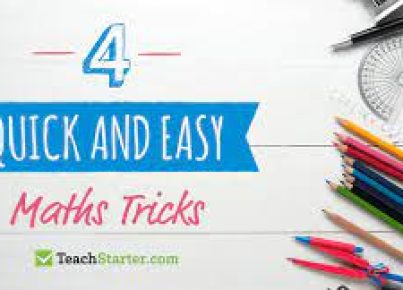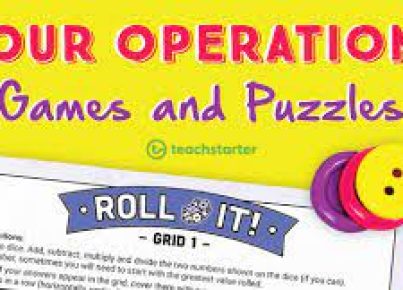Introduction:
Becoming a math teacher can be a challenging and rewarding experience, but there are some things you may not realize about the job until you’re in the thick of it. With that in mind, here are ten things I wish I’d known as a new math teacher.
1. Building relationships with students is crucial:
Math is perceived as a difficult subject by many students, and some may even develop a fear of it. It’s essential to establish relationships with your students and understand their struggles, backgrounds, and motivations to better support them in learning mathematics.
2. Making connections to real-life situations:
Help your students relate to math by making connections to real-world problems and situations. Demonstrating the relevance of math helps generate interest and motivation for those who may initially struggle with the subject.
3. Patience is key:
Learning math takes time and patience, both for the teacher and the students. Don’t expect instant results; keep refining your methods and know that progress is incremental.
4. Differentiation is essential:
Students learn at different paces and have unique strengths and weaknesses. Accommodate these by using differentiated instruction strategies, such as providing various levels of challenge or altering the teaching method altogether.
5. Classroom management skills are vital:
Developing strong classroom management skills ensures that your lessons are effective and keeps disruptions to a minimum.
6. Use technology effectively:
Technology can be an excellent tool for engaging students in learning math while offering them easily accessible resources. Embrace tech like interactive whiteboards, online platforms, apps, tools designed specifically for your classroom needs.
7. Teamwork makes the dream work:
Collaborating with colleagues is invaluable for exchanging ideas, receiving support, and gaining new perspectives on teaching strategies—a collective approach to growth and development benefits both teachers and learners.
8. Encourage a growth mindset:
Teach your students the value of perseverance and persistence. Encourage them to believe that their capability in math can improve with practice and effort.
9. Professional development is a must:
Continuing your education and staying up-to-date on the latest teaching methods, tools, and technology will be essential for your career. It will also benefit your students’ learning experience.
10. Self-care is important too:
Teaching is a taxing job, both mentally and physically. Ensure that you take the necessary time for self-care, such as adequate sleep, regular exercise, socializing, and hobbies to prevent burnout and maintain a healthy work-life balance.
Conclusion
Being mindful of these ten aspects from the outset will help you become a more effective and successful math teacher while cultivating an environment where students thrive. Remember that learning is an ongoing process not only for your students but for you too—don’t be afraid to adapt, grow, and continue striving for success.





